Disney?s latest live-action remake has stirred yet another debate based on white privilege. Following the announcement that Halle Bailey would be cast as Ariel in the remake of the Little Mermaid, #NotMyAriel started to trend. Disgruntled people were objecting to the casting of a black woman to play a fictional mermaid because in the cartoon version she was white.
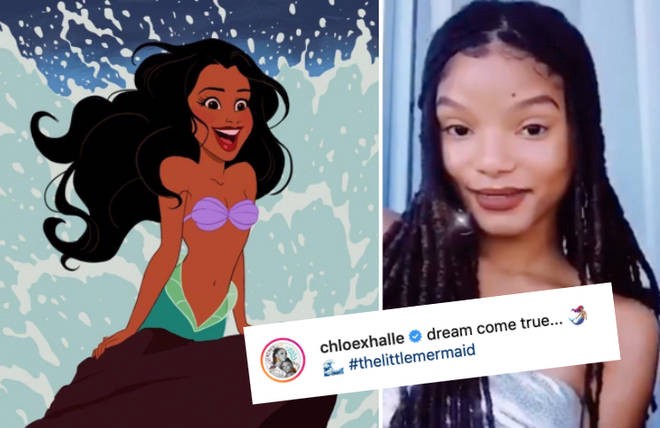
The hashtag and consequential debate around casting black or non-white actors for roles considered to be reserved for fictional white characters reveals the extent to which white privilege and entitlement is ingrained in every nook and cranny of society. Whiteness is considered the default, and the priority. Never mind the fact that Ariel is a fictional character and mythical creature, or that Disney has disregarded centuries of Caribbean and African folklore featuring black mermaids by opting to focus on Dutch folklore. Before princess Tiana came along in 2010, Disney had created over 50 films based on whiteness and Western views of the world. Even stories based on non-white protagonists such as Mulan or Aladdin are rife with orientalism and the otherisation of characters, providing children with damaging stereotypes from the get go. Imagine growing up watching decades of Disney movies that pretend you don?t exist. And, on the rare occasion that they recognise your existence, your culture is boxed into narrow-minded stereotypes. Generations of black girls have grown up idolising white princesses, aspiring to dress up and be like them. Now imagine finally seeing a character that looks like you being cast as the main princess in one of Disney?s top stories, then watching the world freak out at the concept of a non-white lead. To add salt to the wound, white people have had no qualms casting non-white figures such as Jesus or Cleopatra as white. Whiteness has become the standard or norm to the extent that any mention of non-white actors as protagonists has become a highly contentious issue.
However, this runs deeper than the black/white debate. Disney?s colour-blind casting of characters has also brought into question the fact that stories and folklore continue to focus on white traditions, instead of creating new content rooted in different cultures. While having a black Ariel will show little black girls that they matter, it avoids the root of the problem: stories continue to be based on white history and culture. Groups that are already marginalised and excluded from history books are still being sidelined; their traditions, history, folklore and fairy tales are being erased because Hollywood simply hasn?t taken an interest. Rather than attempting to correct a historical problem through reimagining traditionally white characters by casting people of colour which strips them of any cultural lineage, why has little been done to find already-established black characters or legends to create truly representative children?s entertainment? From Moana to Black Panther and Coco, we have seen that stories based on other cultures not only smash box-office records but also show children that role models, princesses and superheroes can come from all over the world.
To give Disney a helping hand, here are five African queens and princesses whose stories would definitely smash box-office records.
PRINCESS YENNEGA
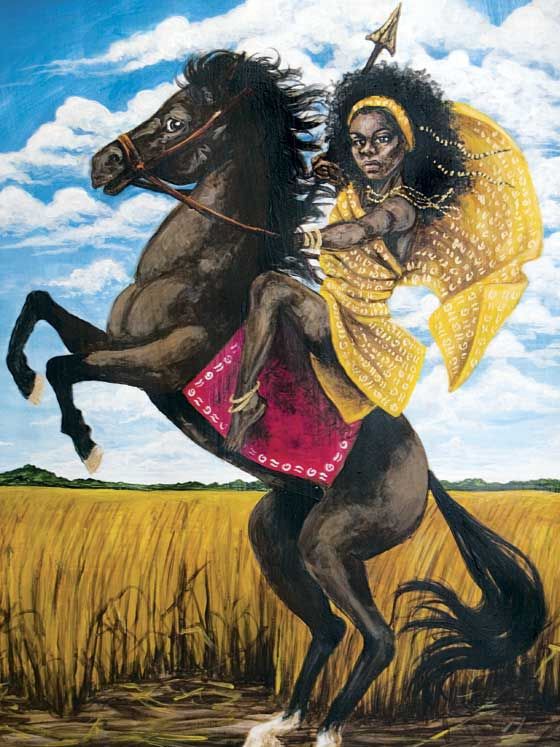
Princess Yennega was a legendary princess of the 12-th century Dagomba Kingdom who fought in battles alongside her father from the age of 14. She was a cultural icon, with a strong character and independent mind, who was highly skilled with javelins, spears and bows. To this day, there are multiple statues of princess Yennega in Ouagadougou.
KANDAKE AMANIRENAS
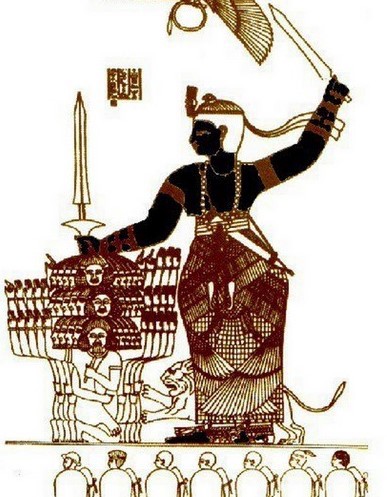
Queen Amanirenas ruled over the Meroitic Kingdom of Kush in northeast Africa between c. 40 C.C ? 10 B.C and is one of the most famous kandakes (meaning queen or strong female ruler). She led an army of over 30,000 men against the Romans in a war that lasted five years and led her kingdom to victory.
QUEEN NZINGA MBANDE
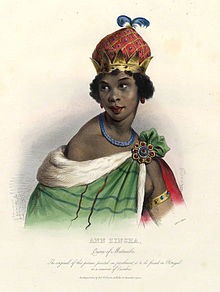
Queen Nzinga Mbande was a 17th century Queen who led the Ndongo and Matamba Kingdoms of the Mbundu people. When the Portuguese began their colonial mission, Queen Nzinga fought tirelessly for the freedom of her kingdoms. She continues to be remembered in Angola, with a street and statue dedicated to her.
SEH-DONG-HONG-BEH
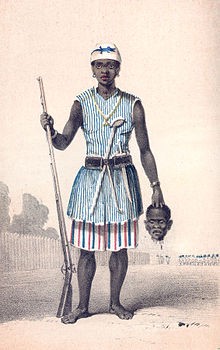
Seh-Dong-Hong-Beh whose name means ?God Speaks true?, was the leader of the Dahomey Amazons, and led an all-female army made up of over 6,000 warriors to defeat the Egba people when she was just a teenager.
QUEEN NANNY
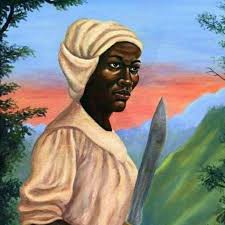
Queen Nanny was an 18th century leader of the Jamaican Maroons, who was born into the Ashanti people and escaped from slavery after being transported to Jamaica. After escaping from slavery, she led several revolts across Jamaica, and over 30 years she freed more than 800 slaves, helping them settle into Maroon communities.
Article by VERVE Operative & Blogger Chanju Mwanza
Originally published on www.verveup.com

